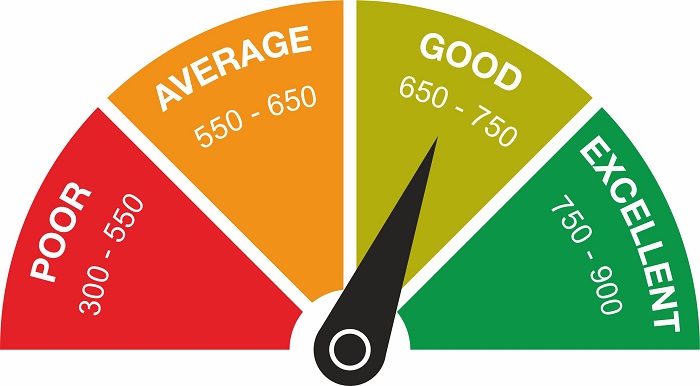How Do Enquires Affect Your CIBIL Score?
What is a CIBIL score?
We measure CIBIL score in numerical form and it reflect our creditworthiness. It’s a three-digit number that ranges from 300 to 900. A credit score of 900 or higher may qualify you for better credit card and loan offers. A 750 or more CIBIL score is preferred by most banks and non-banking finance firms (NBFCs).
How check credit score?
Many lenders determin your credit score by numerous of elements that a credit agency considers while calculating it. When you apply for a loan product, these characteristics show your previous credit behaviour and are reported to banks and NBFCs.
As we all know, the credit score plays a significant influence in loan acceptance. This is true for all types of credit. If you don’t have a strong credit score, getting approved for a personal loan, car loan, home loan, credit card, or any other type of credit might be difficult!
Given the significance of your credit score, you should devote some time to learning about the numerous elements that can influence it. Your credit utilisation percentage, duration of credit history, credit mix, and payment history are all common criteria. Credit inquiries are another element that is frequently disregarded.
According to TransUnion CIBIL, India’s primary credit agency, roughly 80% of loans are accepted for people with a credit score of 750 or higher. Payment history, outstanding amounts, duration of credit history, kind of credit (secured vs. unsecured), and number of new credit inquiries are all elements that influence a credit score. More enquiries indicate credit-seeking behaviour, which might lower your score.
New credit, as you can see, accounts for 10% of your CIBIL score. An inquiry is created when a lending institution requests your credit report from the appropriate credit bureaus. It is for this reason that it is not advisable to apply for multiple loans or credit services from different banks at the same time.
Is it true that a CIBIL enquiry might lower your credit score?
It all depends on the nature of the inquiry. Hard and soft inquiries are the two sorts of inquiries that are considered in your CIBIL report. Your CIBIL score is only affected by a rigorous investigation. Let’s take a look at how a credit report’s inquiry section appears.
What You Should Know About Soft vs. Hard Inquiries
A soft inquiry is one that does not appear on your credit report. Lenders generally do soft inquiries on existing customers to see whether you qualify for specific credit products or offers. Your bank, for example, might do a “soft pull” to check whether your credit limit can be extended or if you qualify for certain offers depending on your current credit score. Soft inquiries aren’t harmful to your credit score, and lenders won’t be aware of any previous soft pulls if you apply for new credit.
On the other hand, a hard inquiry is recorded on your credit report. When a lender wants to review your credit report in order to make a subsequent lending decision, they perform a “Hard Pull.” When you apply for personal loans, credit cards, home loans, vehicle loans, or property loans – basically any legitimate type of credit – you get a hard pull. However, a few hard pulls won’t significantly lower your credit score, so if you want to apply for a new credit card while already having a couple of others, a subsequent hard pull is unlikely to negatively affect your credit score enough to sway a lending decision against you.
Will checking my CIBIL score have any impact on my score?
Certainly not! You don’t have to worry about losing any points by checking your CIBIL score. Is it possible to limit or limit the number of hard queries?
The best strategy is to keep up with your CIBIL score before applying for any new credit. This way, you’ll know ahead of time which banks are likely to approve your credit application. If your CIBIL score is poor, you can always attempt to raise it to meet your credit requirements.



